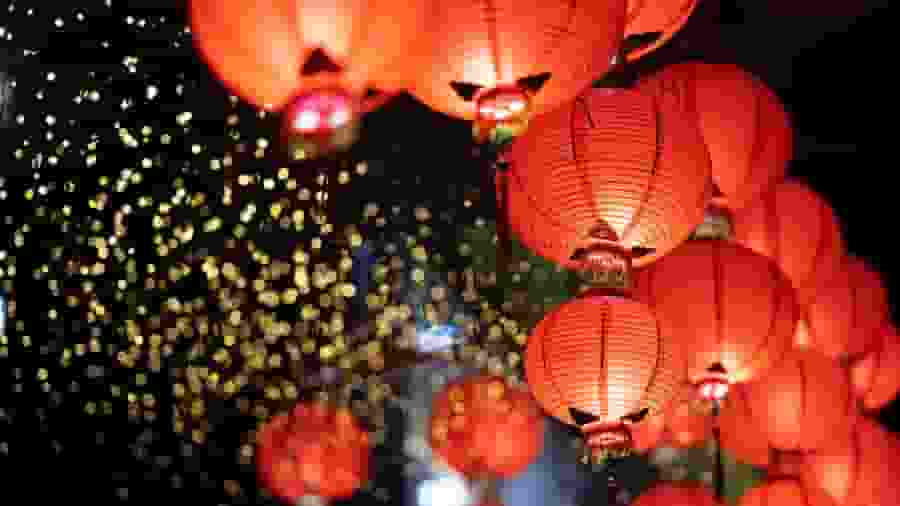How Do People Celebrate in Malaysia?
The Lunar New Year is a time for families to get together and wish each other luck and prosperity for the coming year. Cards are commonly sent to relatives and acquaintances, and many family gatherings take place on Chinese New Year's Eve.
People want to start the year off on a positive note, so they will pay off any bills and try to be on their best behaviour. Even using foul language or discussing unpleasant themes is frowned upon. The emphasis is on starting the year with a clean slate, letting go of the past, and starting afresh as you mean to go on.
Not Just One Day of Celebration
The celebrations last 15 days. Many shops will be closed or have limited hours during this time, especially those within the majority of Chinese neighbourhoods.
The festivities start with fireworks displays and parties to bring in the new year.
The majority of the most significant festival rituals are performed at home, including a thorough spring cleaning (to sweep away bad luck), the traditional New Year's Eve family dinner, making offerings to ancestors, and giving ang pows (red envelopes with money inside, also known as lai see), to young, unmarried relatives and children.
However, there is also a public element. A variety of amazing traditional parades and performances, such as lion dances, are free to the public, and special festival dishes are only available during this time of year.
Festival Foods
If you are fortunate enough to be invited to dinner by a Chinese Malaysian family, you will be able to enjoy a range of meals intended to bring you good luck.
One of the main delicacies created, especially for this occasion, is Yee Sang. Yee Sang is a salad seasoned with hoisin sauce and other condiments and prepared with various vegetables, fish, and dumpling wrappers.
The salad is great on its own, but it takes on extra meaning as part of a family tradition. The salad plate is put in the centre of the table, and everyone is supposed to toss it up in the air with their chopsticks. People will try to send it as high as they can in order to invite good fortune.
Chap Goh Mei
The holiday concludes with a bang on the 15th day, with inhabitants decorating their homes with vividly coloured light displays in an event called Chap Goh Mei.
As part of Chap Goh Mei, there is a tradition that single women would throw oranges into the sea in the hope that it will grant them a partner and a happy marriage. In a modern twist on the custom, single women now write their phone numbers onto oranges before throwing them into the water. Men in fishing boats will go out and scoop up the oranges.
The tradition is a reflection that this is an auspicious time to perform acts that could lead to good fortune in the coming year.
Travelling
Travelling to spend time with loved ones is a significant aspect of the Chinese New Year celebrations in Malaysia
The ethnic Chinese population in Kuala Lumpur is comparable to the Malay population in terms of size. Since many of these individuals are not natives of KL, they must travel back to their hometowns for the holiday season in order to spend time with their relatives.
However, Balik Kampung (return to the village) is a practice that is not just used by Chinese Malaysians. A lot of Malay and Indian people use the holidays to travel back to their hometowns. All of this makes it extremely unwise to travel in Malaysia during CNY, especially on congested roads.
For visitors to Malaysia, Kuala Lumpur’s Chinatown comes to life during the festival with fireworks and parades, as does the area around Old Klang Road. Elsewhere in the country, Georgetown City on Penang Island is a site to behold as its ornate temples are lit up beautifully for the festival.






